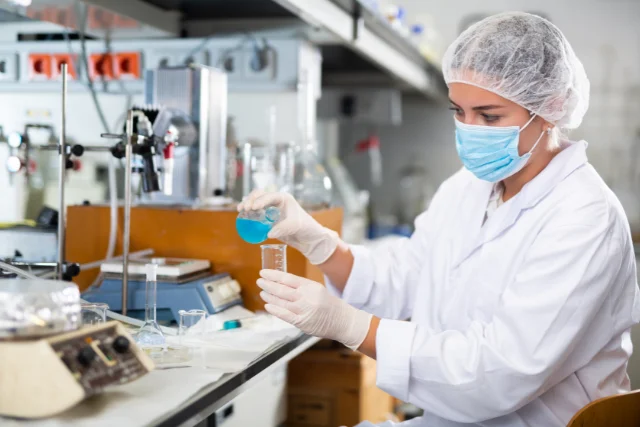Antiseptic Soap for Skin: Facts & Myths
Introduction #
Antiseptic soaps, also known as antimicrobial or antibacterial soaps, are often marketed as a superior way to clean the skin and prevent the spread of germs. However, there are many misconceptions surrounding their use and effectiveness. This article aims to clarify the facts and dispel the myths associated with antiseptic soaps for skincare.
Facts #
- Antiseptic soaps contain specific chemical ingredients: These ingredients, such as triclosan and triclocarban, are not found in regular soaps and are intended to kill or inhibit the growth of microorganisms.
- They can be effective against some germs: Studies have shown that they can reduce bacterial counts on the skin, but their effectiveness against viruses is limited.
- Overuse can contribute to antibiotic resistance: Frequent use of such soaps can lead to the development of antibiotic-resistant bacteria, making it harder to treat infections in the future.
- They can be harsh on the skin: The chemicals in antiseptic soaps can strip the skin of its natural oils, leading to dryness, irritation, and even allergic reactions in some individuals.
- Plain soap and water are often sufficient: For everyday handwashing and general skincare, regular soap and water are highly effective in removing dirt, grime, and most germs.
Myths #
- Antiseptic soaps are necessary for good hygiene: This is not true. Regular soap and water are perfectly adequate for maintaining good hygiene in most situations.
- They provide better protection against illness: There is no evidence to suggest that using antiseptic soaps provides any additional protection against common illnesses compared to regular soap and water.
- They are essential for preventing the spread of infections: While antiseptic soaps can help reduce bacterial counts, they are not a substitute for proper handwashing techniques and other hygiene practices.
- All antiseptic soaps are created equal: The effectiveness of antiseptic soaps can vary depending on the active ingredients and their concentration.
- They are safe for everyone: Some individuals, especially those with sensitive skin or allergies, may experience adverse reactions to the chemicals in antiseptic soaps.
Conclusion #
While antiseptic soaps can play a role in specific situations, such as in healthcare settings or for individuals with certain skin conditions, their routine use for general skincare is not necessary and may even be detrimental. Regular soap and water, combined with proper handwashing techniques, remain the most effective and safest way to maintain good hygiene and prevent the spread of germs.
Recommendation: #
- Consult a dermatologist or healthcare professional for personalized advice on skincare and the use of antiseptic soaps.
- For everyday use, choose a mild, non-antibacterial soap that is suitable for your skin type.
- Practice proper handwashing techniques, including scrubbing for at least 20 seconds and drying thoroughly.
By understanding the facts and myths surrounding antiseptic soaps, you can make informed decisions about your skincare routine and maintain optimal hygiene without compromising your skin health.

 Precision Diode Laser Hair Removal: Half Legs till Knees - Derma & Dental Clinic
Precision Diode Laser Hair Removal: Half Legs till Knees - Derma & Dental Clinic 





